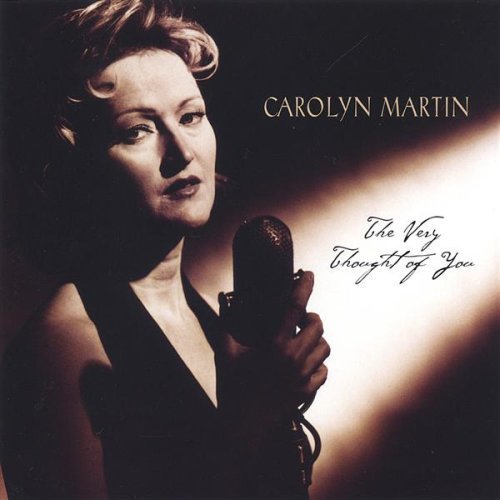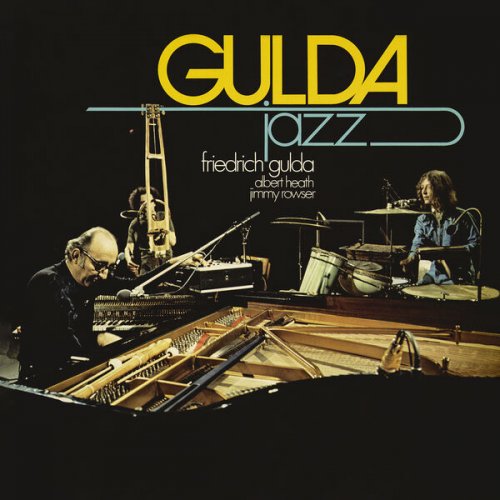The Knickerbockers - Lies (1993)
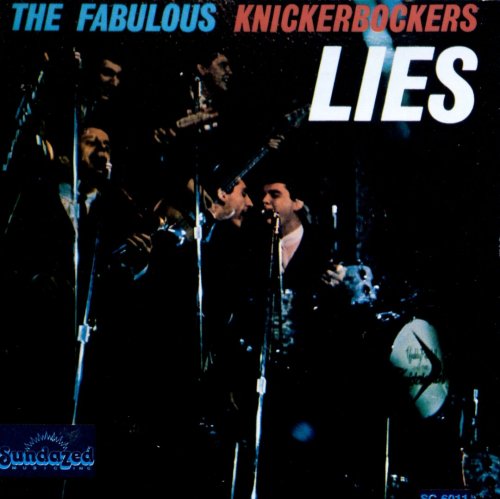
Artist: The Knickerbockers
Title: Lies
Year Of Release: 1966
Label: Sundazed Rec
Genre: Rock, Pop
Quality: FLAC (tracks+.cue,log)
Total Time: 40:35
Total Size: 216 MB
WebSite: Album Preview
Tracklist:Title: Lies
Year Of Release: 1966
Label: Sundazed Rec
Genre: Rock, Pop
Quality: FLAC (tracks+.cue,log)
Total Time: 40:35
Total Size: 216 MB
WebSite: Album Preview
01 - lies
02 - i can do it better
03 - can't you see i'm tryin'
04 - please don't fight it
05 - just one girl
06 - i believe in her
07 - wishful thinking
08 - you'll never walk alone
09 - your kind of lovin'
10 - harlem nocturne
11 - it's not unusual
12 - turn to me
13 - just out of reach
14 - beau & john charles talk about the knicke
Recorded in Hollywood, with songwriting contributions from such top sessionmen of the day as Glen Campbell, Jim Seals, and Dash Crofts, this is, aside from the first-rate title track, an extremely generic mid-'60s set, with only one group original other than "Lies." The Knickerbockers never found an identity, alternating between frat rock, flaccid pop/rock, and strange Wall-of-Sound productions in which the producers apparently had visions of turning them into the Walker Brothers.
In the wake of the British Invasion, plenty of American bands wished they could make like the Beatles, at least in terms of record sales. But from a musical standpoint, no one sounded quite so much like the Fab Four as the Knickerbockers on their biggest hit, 1965's "Lies," which brilliantly captured the sound of the Beatles' early period with its enthusiastic harmonies and tough but melodic guitar lines. While the band never quite repeated the feat, for years pranksters passed "Lies" off as a rare Beatles track to unsuspecting music buffs, and the group earned a cult following from fans of first-era garage rock. Hailing from Bergenfield, New Jersey, the Knickerbockers were formed in 1962 by Robert Cecchino and John Carlos Cecchino, two brothers who respectively used the stage named Beau Charles and John Charles. With Beau on guitar and vocals and John on bass and vocals, many different musicians passed through the group before it solidified in 1964 with Buddy Randell (born William Crandall) on vocals and saxophone (he previously played with the Royal Teens, who scored a major hit in 1958 with "Short Shorts") and Jimmy Walker (ex-the Castle Kings) on drums. The band landed a record deal with Challenge Records, and its first single, "All I Need Is You" b/w "Bite Bite Barracuda," was released in 1964. The single didn't generate much airplay, and the follow-up, "Jerktown" b/w "Room for One More," fared no better, but the group put out two albums in its first year on Challenge, an album of covers tied into The Lloyd Thaxton Show and Jerk & Twine Time, with the band hopping on the dance craze bandwagon.
Lies
In late 1965, "Lies" b/w "The Coming Generation" changed the game for the band; between the forceful tune and Randell's Lennon-esque vocals, "Lies" was eagerly embraced by radio and rose to number 20 on the singles charts, with the group's third album, Lies, appearing shortly after. Several months later, the Knickerbockers dropped another great single, "One Track Mind" b/w "I Must Be Doing Something Right," which topped out at number 46, but their next effort, "High on Love" b/w "Stick with Me," barely made it into the Hot 100, stalling out at number 94, and Challenge was unable to push their product to radio or in the marketplace. The Knickerbockers' last single for Challenge, "A Matter of Fact" b/w "They Ran for Their Lives," was released with little notice in 1968, and the label stopped releasing new material a year later. As the group's profile faded, the lineup shifted; Jimmy Walker moved on in 1967, replacing Bill Medley in the Righteous Brothers, while Buddy Randell left a few months later. The Charles brothers soon hit the road with a new lineup, featuring new members Richie Walker on vocals, Eric Swanson on drums, and Barry McCoy on keyboards; Randell rejoined the band in 1968, but left again in 1970. By 1971, Beau and John Charles set off in a different musical direction, teaming with singer Ritchie Costanza and drummer Eric Swanson to form a country-rock group called Lodi, who recorded one album for Motown's MoWest subsidiary before splitting up in 1972. The same year Lodi flamed out, "Lies" was included on Lenny Kaye's influential compilation album Nuggets: Original Artyfacts from the First Psychedelic Era 1965-1968, and in time fans of '60s garage rock would celebrate the Knickerbockers as one of the great bands of the era, with celebrated reissue label Sundazed Records restoring much of their catalog to print in the '90s.
In the wake of the British Invasion, plenty of American bands wished they could make like the Beatles, at least in terms of record sales. But from a musical standpoint, no one sounded quite so much like the Fab Four as the Knickerbockers on their biggest hit, 1965's "Lies," which brilliantly captured the sound of the Beatles' early period with its enthusiastic harmonies and tough but melodic guitar lines. While the band never quite repeated the feat, for years pranksters passed "Lies" off as a rare Beatles track to unsuspecting music buffs, and the group earned a cult following from fans of first-era garage rock. Hailing from Bergenfield, New Jersey, the Knickerbockers were formed in 1962 by Robert Cecchino and John Carlos Cecchino, two brothers who respectively used the stage named Beau Charles and John Charles. With Beau on guitar and vocals and John on bass and vocals, many different musicians passed through the group before it solidified in 1964 with Buddy Randell (born William Crandall) on vocals and saxophone (he previously played with the Royal Teens, who scored a major hit in 1958 with "Short Shorts") and Jimmy Walker (ex-the Castle Kings) on drums. The band landed a record deal with Challenge Records, and its first single, "All I Need Is You" b/w "Bite Bite Barracuda," was released in 1964. The single didn't generate much airplay, and the follow-up, "Jerktown" b/w "Room for One More," fared no better, but the group put out two albums in its first year on Challenge, an album of covers tied into The Lloyd Thaxton Show and Jerk & Twine Time, with the band hopping on the dance craze bandwagon.
Lies
In late 1965, "Lies" b/w "The Coming Generation" changed the game for the band; between the forceful tune and Randell's Lennon-esque vocals, "Lies" was eagerly embraced by radio and rose to number 20 on the singles charts, with the group's third album, Lies, appearing shortly after. Several months later, the Knickerbockers dropped another great single, "One Track Mind" b/w "I Must Be Doing Something Right," which topped out at number 46, but their next effort, "High on Love" b/w "Stick with Me," barely made it into the Hot 100, stalling out at number 94, and Challenge was unable to push their product to radio or in the marketplace. The Knickerbockers' last single for Challenge, "A Matter of Fact" b/w "They Ran for Their Lives," was released with little notice in 1968, and the label stopped releasing new material a year later. As the group's profile faded, the lineup shifted; Jimmy Walker moved on in 1967, replacing Bill Medley in the Righteous Brothers, while Buddy Randell left a few months later. The Charles brothers soon hit the road with a new lineup, featuring new members Richie Walker on vocals, Eric Swanson on drums, and Barry McCoy on keyboards; Randell rejoined the band in 1968, but left again in 1970. By 1971, Beau and John Charles set off in a different musical direction, teaming with singer Ritchie Costanza and drummer Eric Swanson to form a country-rock group called Lodi, who recorded one album for Motown's MoWest subsidiary before splitting up in 1972. The same year Lodi flamed out, "Lies" was included on Lenny Kaye's influential compilation album Nuggets: Original Artyfacts from the First Psychedelic Era 1965-1968, and in time fans of '60s garage rock would celebrate the Knickerbockers as one of the great bands of the era, with celebrated reissue label Sundazed Records restoring much of their catalog to print in the '90s.
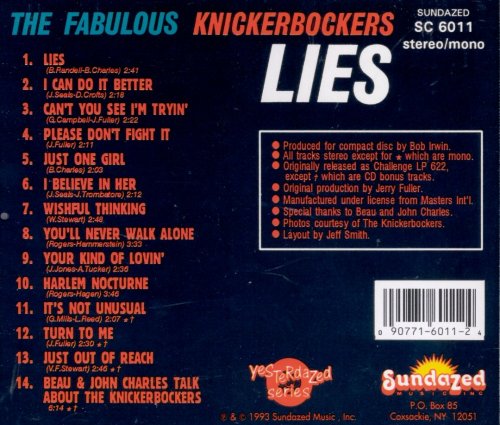


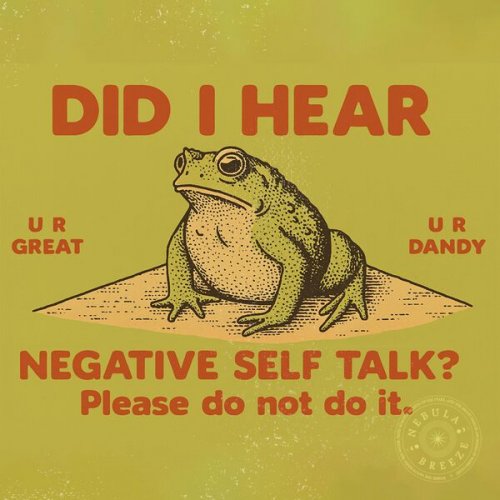
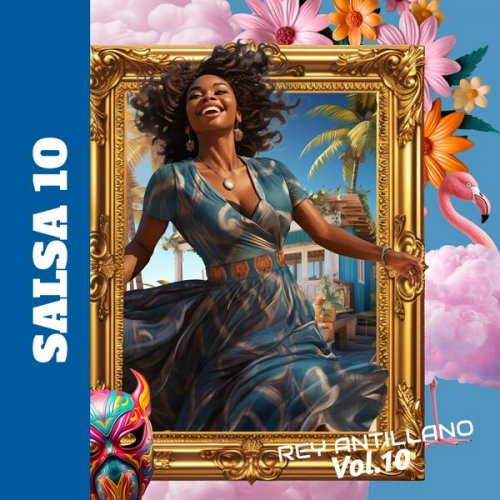

![Afrodream - Guiss Guiss (2025) [Hi-Res] Afrodream - Guiss Guiss (2025) [Hi-Res]](https://www.dibpic.com/uploads/posts/2025-12/1765638325_a2717494732_0.jpg)
